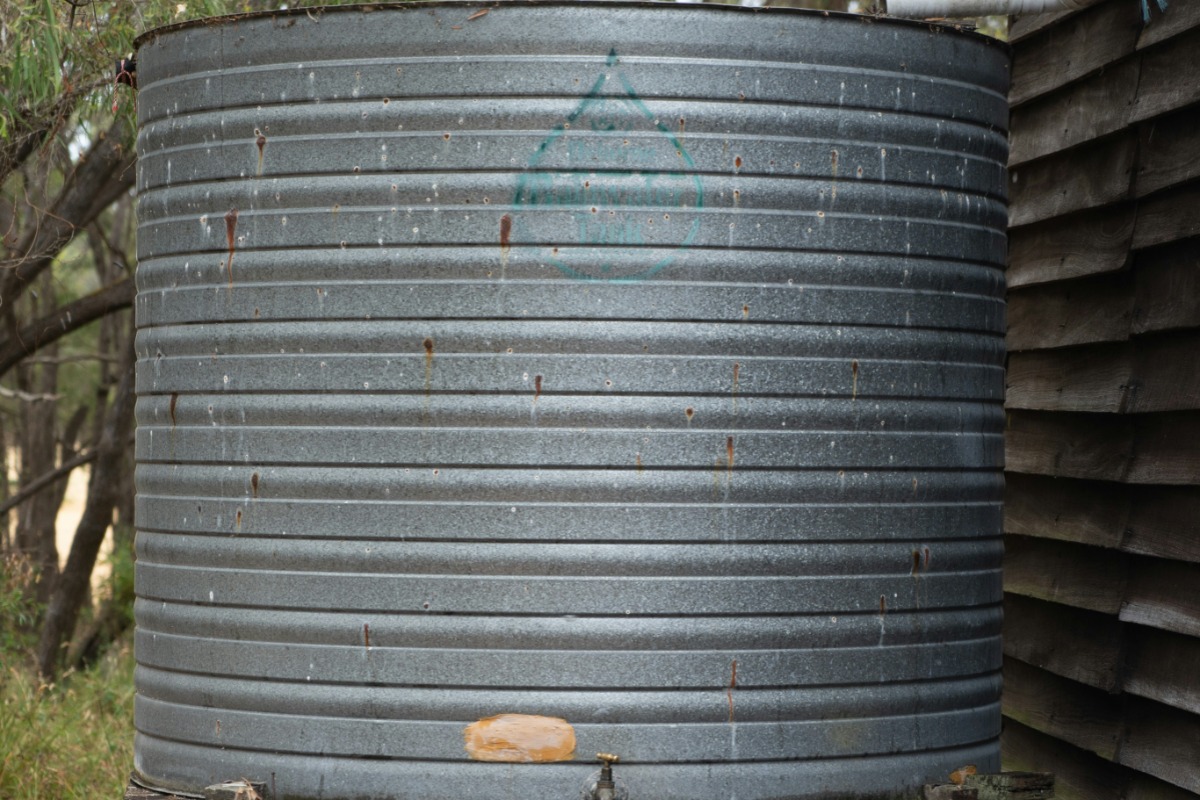

The Solutions Explorer lets you create alerts that match your needs. You can create several alerts and you will receive a notification each time a new Solar Impulse Efficient Solutions is labelled and matches your filters.
Your Search Alerts will show up here.
Sign in to create alerts for your filters and search terms.
Sign inDon't have an account?
Sign upMay 8, 2025
République et Canton de Genève
Geneva

The Republic and Canton of Geneva offer solutions for better water management and consumption, including collecting approximately 113,000 liters of rainwater each year in water tanks, which is used as an alternative to drinking water for flushing toilets, while also demonstrating how buildings can use rainwater to save water and help cool down cities.
Would you throw money down the toilet, into your garden, or across your car? No, because it sounds stupid to waste precious resources, right? However, that’s essentially what we do when we use clean, treated drinking water for our activities like gardening, washing vehicles, and flushing toilets. It’s not only wasteful—it’s unsustainable, especially as we know freshwater is under important and increasing pressure. The daily global average water consumption in residential areas is up to 600 litres in North America and Japan, between 250 and 350 litres in Europe, and between 10 to 20 litres in Sub-Saharan Africa (1). Additionally, about half of the world’s population experienced severe water scarcity for at least part of the year in 2024 (2). A smarter and more sustainable solution is to collect and reuse the natural and free resource of rainwater through water tanks. In the long term, rainwater harvesting would first reduce your reliance on municipal water supply and lower your bills, but most importantly, lighten your environmental impact. With this simple approach, we can stop wasting drinking water where it’s not needed and start using what nature gives us for free.
Share
The information set out above, is solely for the purposes of information and the Solar Impulse Foundation does not provide any guarantee as to its authenticity, completeness or accuracy. This information does not constitute investment advice or a recommendation to buy into, transact or to enter into any agreement with any of the parties or persons mentioned above. Potential investors or interested parties are solely responsible for their investment or business decisions and for performing any due diligence required by the circumstances. The innovator has asserted ownership of the intellectual property rights for images, videos, and content showcased above, affirming full and unrestricted usage rights, and has provided explicit permission for the Solar Impulse Foundation to publish such information designated as "public" in the application form.